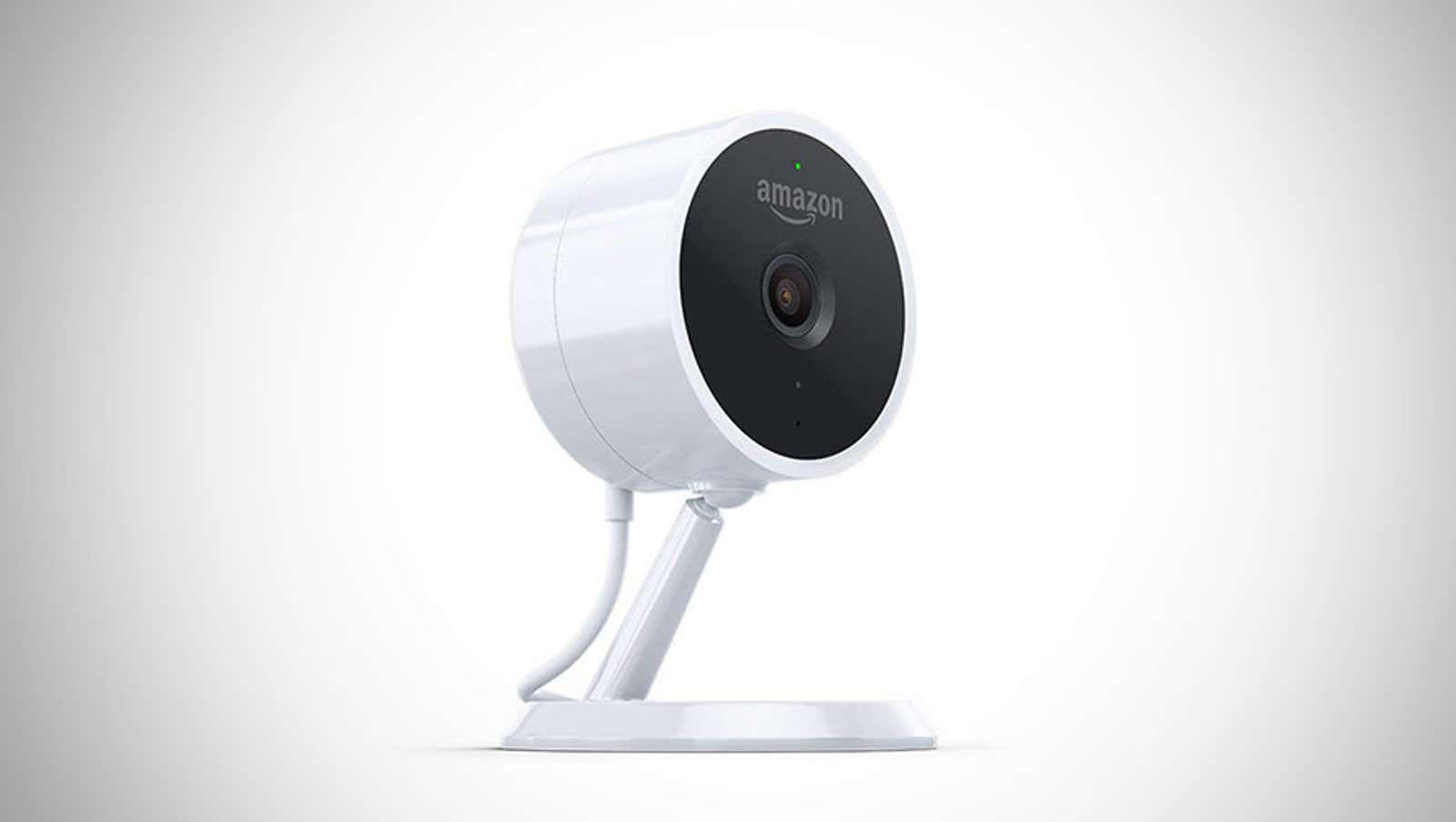How to Prevent Amazon Employees From Watching Your Cloud Camera Footage

A recent Bloomberg report explains that Amazon employees in India and Romania are using Cloud Cam recordings to “train” the device’s AI so that it can more accurately recognize security threats – like someone breaking a window – from day to day activity. While this is potentially creepy, it is not unusual; For all the existential fear we impose on smart devices and AI, they still require human input to “learn.”
However, the real issue is how these records are obtained in the first place and whether they are stored reliably, and it turns out that Amazon is not doing that very well either. Go figure it out.
Something doesn’t add up
Amazon claims that Cloud Cam footage cannot be viewed by anyone other than yourself unless you submit a video for troubleshooting. Also, nowhere on the product detail page or user agreement does it say that Amazon employees can access your Cloud Cam records.
However, anonymous Amazon employees told Bloomberg that Amazon does not explain to employees how clips are selected, and judging by their descriptions, it is unlikely that the company is simply using “voluntarily provided” footage. Unsurprisingly, records often include information or topics that most people want to keep private, including gender, phone calls, and personally identifiable information.
But even if we give Amazon the edge of doubt and assume that all of the frames viewed were voluntarily submitted by users, they are sadly mishandled. While the report states that Amazon bans employees from using their smartphones at sites where footage is viewed, Bloomberg sources deny this and even state that the footage is shared among employees and often ends up on the Internet.
But here’s the thing: The Bloomberg report, while worrying for customers, is not surprising. I’m not saying this to rebuke Cloud Cam users or lessen Amazon’s guilt – the company is clearly not completely honest with its customers – but there is a pattern here. We know Amazon uses tapes to train its artificial intelligence products, including Alexa devices and Ring CCTV cameras , regardless of whether users knew about it; Could Cam is just the latest example.
How to make your Amazon AI products more secure
To be fair, Amazon isn’t the only company to blame for the mishandling of user posts. However, other companies, Google and Apple, have discontinued similar “learning” methods for their AI-powered products and expanded privacy controls due to user protests and government suspicions. Amazon has capitulated by giving users more control over their Alexa voice recordings, but the company has regularly stated how poorly it maintains user privacy. However, there are ways to mitigate potential security issues:
- As we suggested to ring camera users , always install the cloud camera in a location where you don’t mind being seen by others. Avoid areas such as bedrooms and bathrooms, unless for some reason you need to have a security camera.
- If possible, unplug your device (s) when you are at home during the day. Otherwise, tape these assholes if you don’t want to be recorded.
- If you ever have to submit a clip for review, be selective about what you submit and always assume that someone will be reviewing your footage. The smartest option is to simply not submit any footage.
- If you have an Alexa device: Update your security settings , opt out of sharing your data with Amazon, and delete your Alexa voice history regularly.
Other options
If you are not worried about micro-management of your devices and records, or you are concerned about constant reports of ineffective privacy protocols, simply don’t use Amazon products.
As I said earlier, Google and Apple have discontinued some of their own human-based AI training programs. This is by no means complete support for both companies – both have their own privacy concerns – but they seem to be more susceptible to user feedback and offer slightly more control over your data in this regard than Amazon. Google Nest products are a decent alternative in this regard (although when it comes to privacy in general, I still recommend using Apple over Google whenever possible).
For DIYers, we also have tips for setting up your own DIY CCTV system – just make sure you comply with the legal requirements if you go this route.